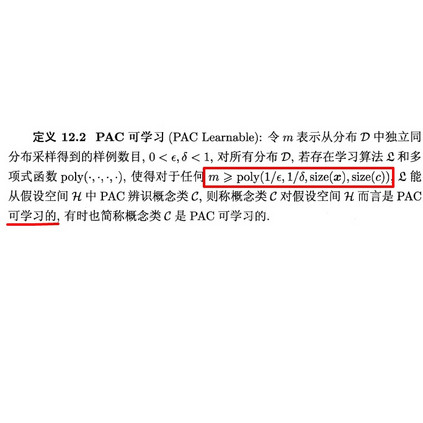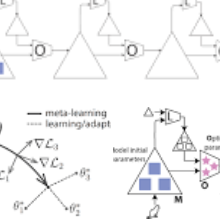Uncertainty quantification is a key component of machine learning models targeted at safety-critical systems such as in healthcare or autonomous vehicles. We study this problem in the context of meta learning, where the goal is to quickly adapt a predictor to new tasks. In particular, we propose a novel algorithm to construct \emph{PAC prediction sets}, which capture uncertainty via sets of labels, that can be adapted to new tasks with only a few training examples. These prediction sets satisfy an extension of the typical PAC guarantee to the meta learning setting; in particular, the PAC guarantee holds with high probability over future tasks. We demonstrate the efficacy of our approach on four datasets across three application domains: mini-ImageNet and CIFAR10-C in the visual domain, FewRel in the language domain, and the CDC Heart Dataset in the medical domain. In particular, our prediction sets satisfy the PAC guarantee while having smaller size compared to other baselines that also satisfy this guarantee.
翻译:不确定量化是针对安全临界系统,如医疗或自主车辆的机械学习模型的一个关键组成部分。我们从元学习的角度研究这一问题,目标是迅速使预测器适应新的任务。特别是,我们提出一个新的算法,通过标签组收集不确定性,这些可调整以适应新的任务,只有几个培训实例。这些预测组满足了典型PAC保证对元学习环境的延伸;特别是,PAC保证对未来任务具有很高的可能性。我们展示了我们在以下三个应用领域的四个数据集方法的有效性:视觉域的微型光学网和CIFAR10-C、语言域的微小雷尔和医学域的CDC心脏数据集。特别是,我们的预测组满足了PAC保证,同时比其他也满足这一保证的基线小一些。




